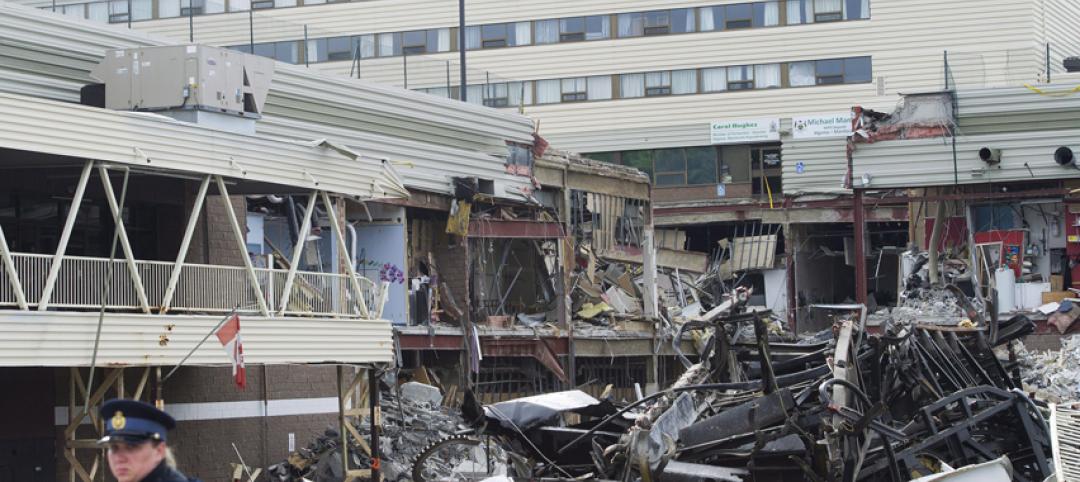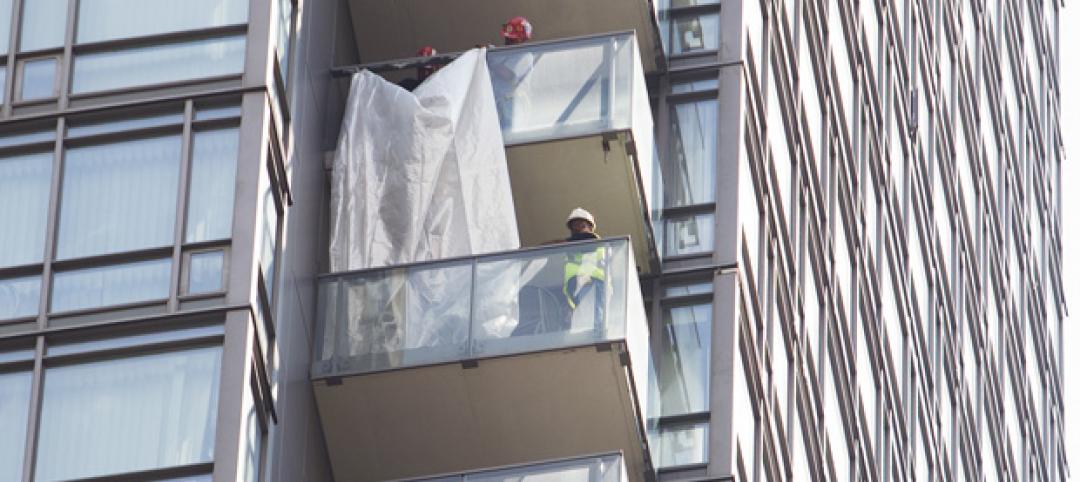As scientists learn more about the COVID-19 virus, opinions are changing on how it is spread from person to person, and that has implications for how to reopen buildings safely.
Emphasis to date on protocols for reopening buildings has focused on surface cleaning and occupant density. But, if as some scientists suspect, the virus can live for at least three hours in aerosols—tiny particles that can be carried through the air for long distances—HVAC systems could play a key role in spreading the virus. There are opposing views on whether aerosols actually can transmit the virus, but if they do, then ventilation systems could spread the virus through unfiltered re-circulation of indoor air.
In April, ASHRAE addressed the issue of possible aerosol transmission with recommendations that include:
· Maintain a relative humidity of 40% to 60% inside buildings instead of the usual 20% to 40%.
· Install air filters rated at least at MERV-13.
· Minimize re-circulation of indoor air, and bring in outside air either by mechanical means or by opening windows.
The humidity recommendation was made because higher humidity makes aerosols heavier, causing them to drop to the floor faster. ASHRAE has also recommended that the intake of outside air be set to the highest level permitted by the mechanical equipment. Some specialists recommend a full re-commissioning process for reopening buildings.
Related Stories
| Jul 5, 2012
Roof membrane could have prevented roof parking deck collapse, specialist says
The collapse of a section of a roof parking deck at the Algo Centre Mall in Elliot Lake in Ontario, Canada could have been prevented if the structure had a membrane, according to a concrete expert and specialist in structure analysis at McMaster University.
| Jul 5, 2012
New Joplin, Mo. hospital being built to withstand tornado that destroyed predecessor
After the May 22, 2011, EF-5 tornado destroyed St. John’s Regional Medical Center in Joplin, Mo., architects and engineers analyzed how the nine-story structure reacted to the storm.
| Jul 5, 2012
Continued tax breaks necessary for widespread adoption of net zero buildings
Tax breaks passed by the U.S. government to encourage construction of green buildings are set to expire in 2012 and 2013.
| Jun 28, 2012
Six buildings now recognized under Living Building Challenge
The Living Building Challenge (LBC), a green ratings system for design and construction that judges a building based on its actual performance, not just its projected performance at the design stage, has recognized six buildings to date.
| Jun 28, 2012
Label for building products will have ‘global warming number’
The director of the 2030 Challenge for Products says that the organization is aiming to place a label on building products that will list what’s in it, and how much embodied carbon each product represents.
| Jun 28, 2012
Top building material executive urges building resilience in sustainability standards
A meeting of 1,000 business executives at the recent Rio+20 environmental conference featured a passionate plea to include building resilience in efforts to boost sustainability.
| Jun 28, 2012
Following spate of skyscraper balcony glass panel breakages, Ontario adopts code change
Ontario's housing minister announced new building code rules to help prevent glass panels from breaking off high-rise balconies during hot weather.
| Jun 28, 2012
Factory worker deaths in Italy raise questions on building codes after earthquakes
Italian officials are questioning seismic building standards and inspection procedures in the aftermath of two damaging earthquakes.















